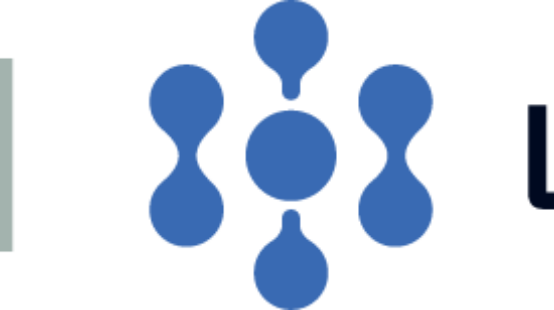
In today’s competitive business landscape, making sound decisions is key to success. Data and analytics can provide businesses with valuable insights to inform their decisions, but it can be difficult to know where to start. This guide will help businesses understand how to use data and analytics to make better decisions. By exploring the different types of data and analytics available, their impact on the decision-making process, and the tools available to help, businesses can gain the insights they need to make informed decisions. With the right tools and strategies, businesses can harness the power of data and analytics to maximise their success.
What are data and analytics?
Data and analytics are powerful tools for businesses, allowing them to make better decisions, gain insight into their operations, and optimise performance. At its simplest, data is information collected from multiple sources that can be used to create reports or perform analyses. Analytics is the process of analysing this data to identify trends and patterns, uncover insights, and provide guidance for decision-making.
Data and analytics can provide businesses with a wide range of insights. From understanding customer behaviors to identifying new opportunities for growth, data and analytics can help businesses gain a better understanding of their operations and make informed decisions. By analyzing data, businesses can identify potential risks, target new markets, and optimize their operations.
Benefits of data and analytics for businesses
Data and analytics are rapidly growing in importance for businesses of all types. By leveraging data and analytics, companies can make informed decisions, optimize operations, and gain a competitive advantage. Data and analytics can provide businesses with an understanding of customer trends, market trends, and financial performance. By using data and analytics, businesses can gain insights into customer behavior, preferences, and needs. This can result in improved customer satisfaction, increased customer retention, and increased sales.
Overall, data and analytics provide businesses with a wide range of benefits. By leveraging data and analytics, businesses can increase customer satisfaction, reduce costs, improve operations, and better prepare for the future. Data and analytics can help businesses gain a competitive edge and maximise their potential.
Types of data and analytics
Data and analytics form the backbone of any decision-making process. It helps organisations to identify patterns and make informed decisions. As such, it is important to understand the different types of data and analytics available.
Descriptive Analytics: One of the most common types of data and analytics is descriptive analytics. It typically involves the analysis of historical data to understand past performance. The data is used to describe what happened, when it happened, and why it happened.
Predictive Analytics: This is another type of data and analytics. It involves using data to identify patterns and anticipate future events. Predictive analytics is used to forecast customer behavior and predict future outcomes.
Prescriptive Analytics: It helps organizations make decisions based on data and insights. This type of analytics uses algorithms to analyze data and generate insights that can be used to make decisions.
Diagnostics Analytic: Finally this type of data and analytics that helps organisations understand the root cause of problems. It involves analysing data to identify the underlying reasons for a problem and develop strategies to address the issue.
Each type of analytics has its own unique set of capabilities and can be used to gain insights and make informed decisions.
Strategies for leveraging data and analytics
Data and analytics are invaluable resources for any business. To make the most of data and analytics, businesses need to develop strategies that can help them capitalise on their potential.
· One of the main strategies for leveraging data and analytics is to collect and store data appropriately.
· Another strategy is to use data visualization techniques to make it easier to understand the insights generated from data.
· Thirdly, businesses need to adopt a data-driven approach to decision-making.
· Finally, businesses need to develop strategies to ensure that data and analytics are used responsibly.
Developing suitable strategies to leverage data and analytics can help to ensure that businesses get the most out of these resources.
Final thoughts on data and analytics for better decision making
Data and analytics have become increasingly important for businesses to make better decisions in the modern age. As such, it is important to have a clear understanding of the role data and analytics have in decision-making.
However, it is important to recognise the limitations of data and analytics and use them in combination with experience and intuition to make the best decisions possible.




